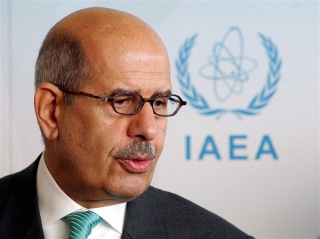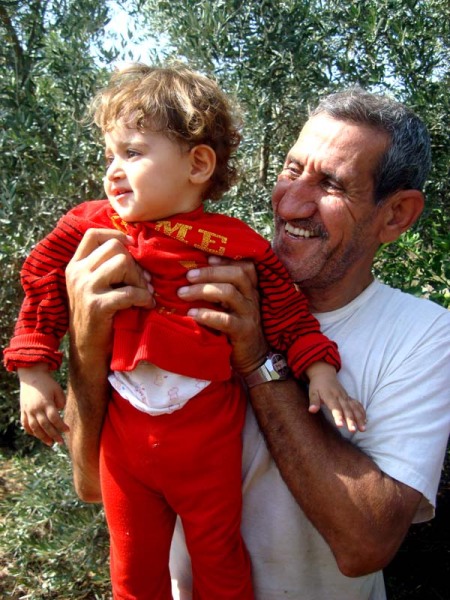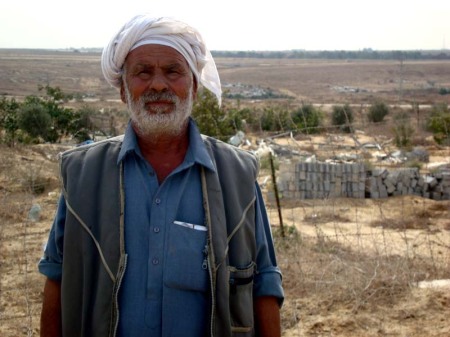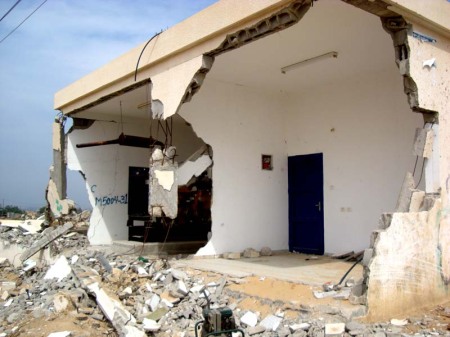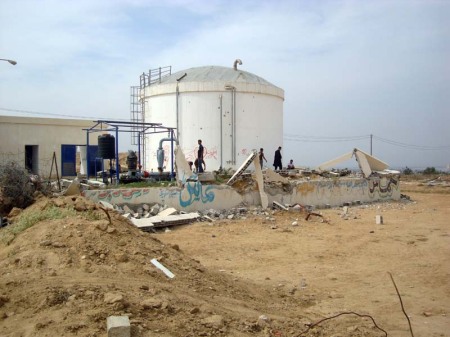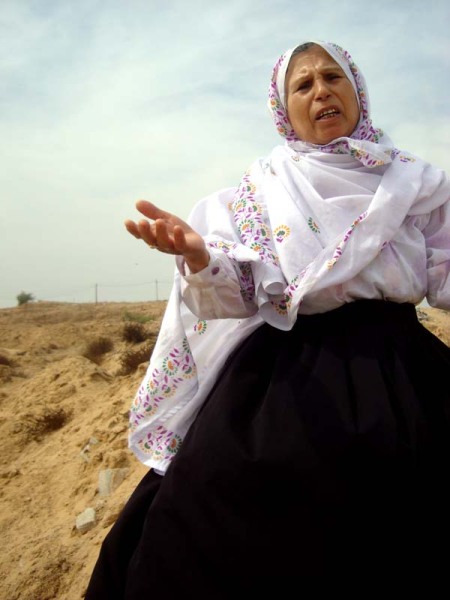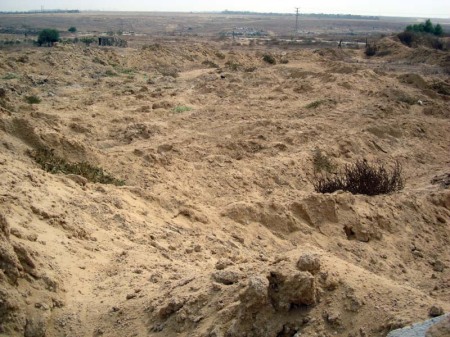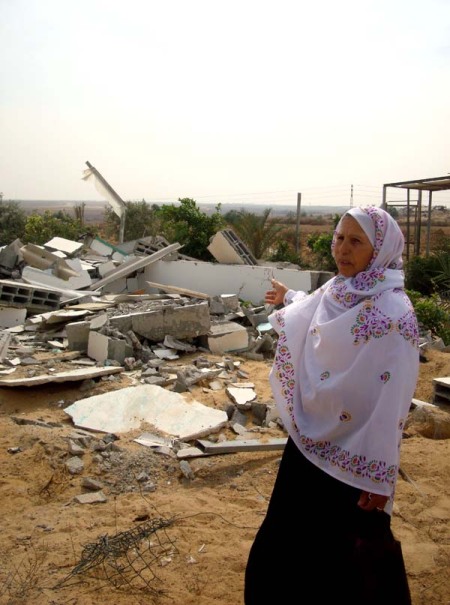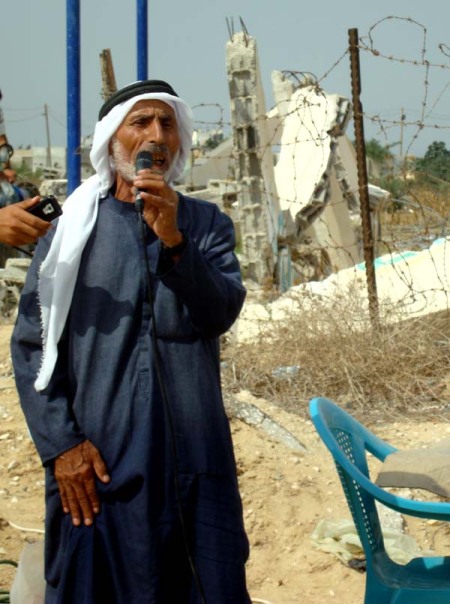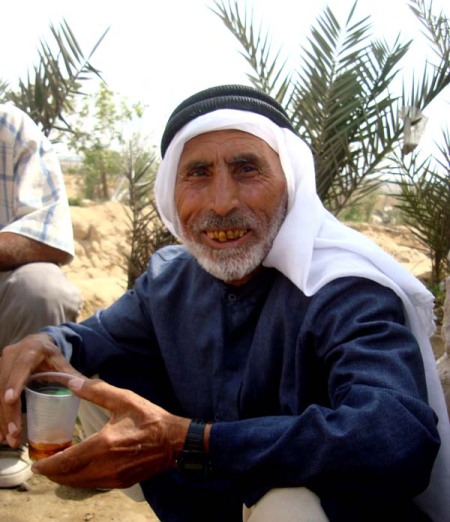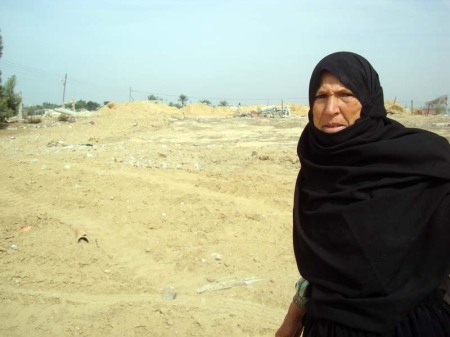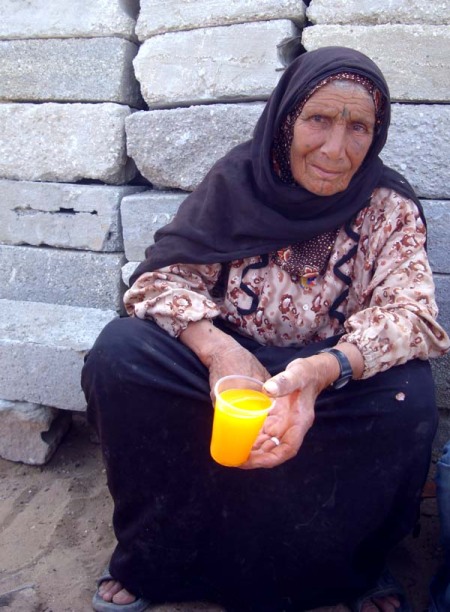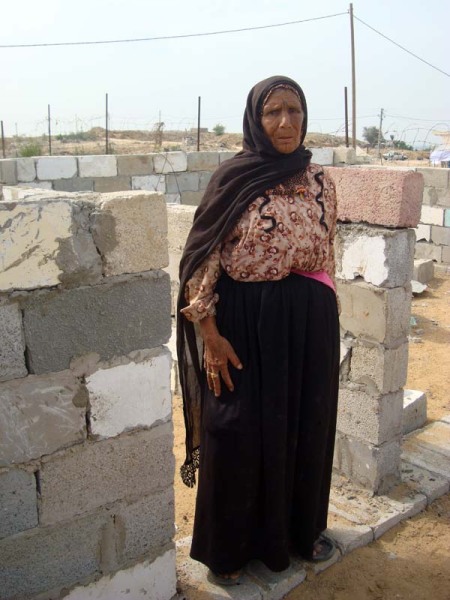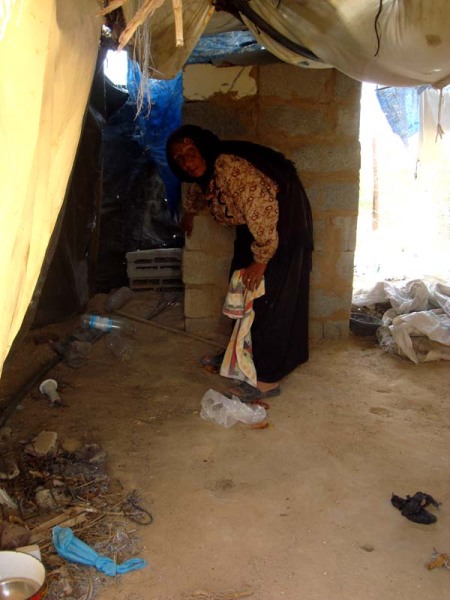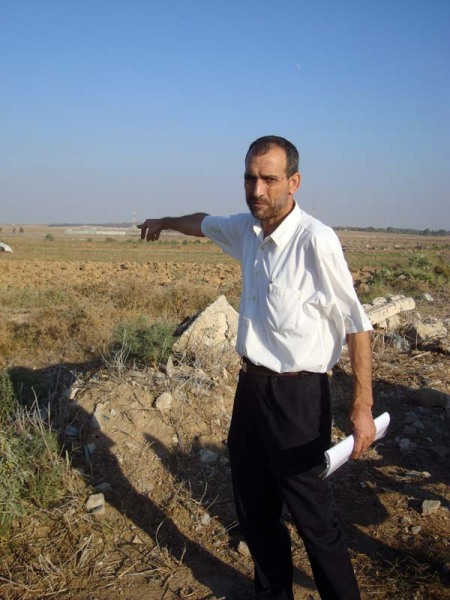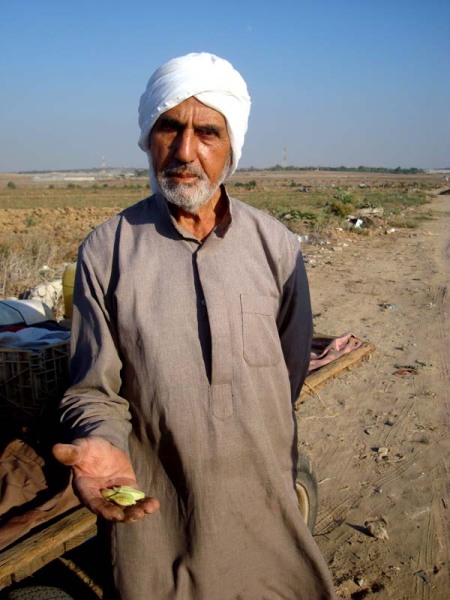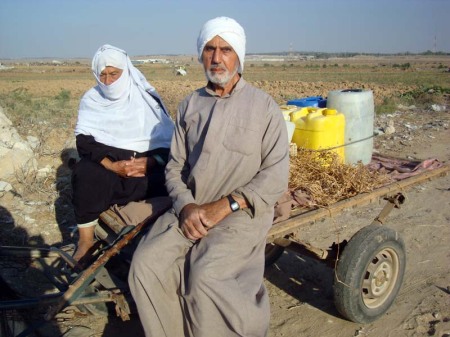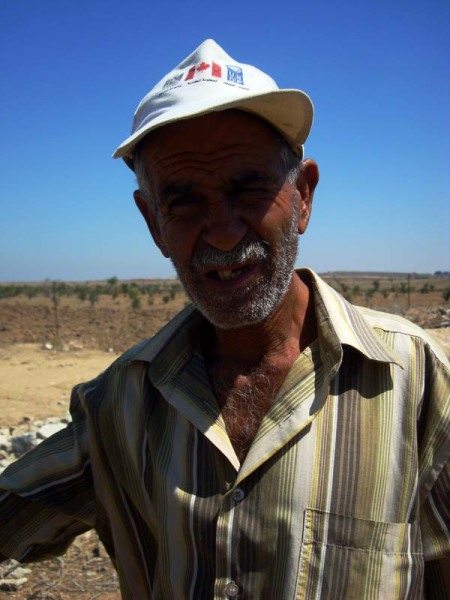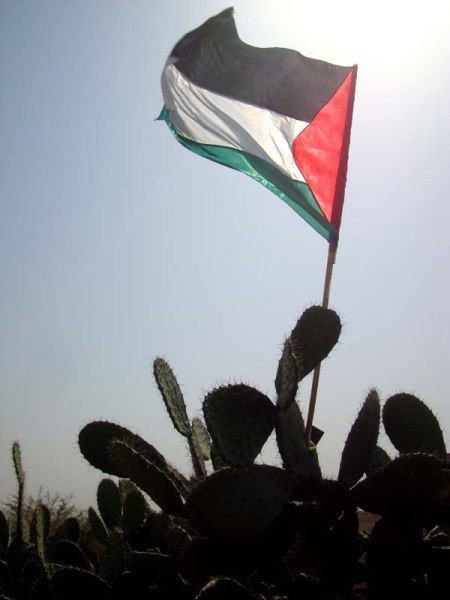Bankrolling and arming Al-Qaeda offshoot part of 2007 White House directive to destabilize Iranian government

Paul Joseph Watson
Prison Planet.com
October 19, 2009
The U.S. government effectively attacked Iran yesterday after its proxy terror group Jundullah launched a suicide bomb attack against the Iranian Revolutionary Guard at their headquarters in Pishin, near the border with Pakistan.
Leaders of the Al-Qaeda affiliated Sunni terrorist group Jundullah have claimed responsibility for a suicide bombing in Iran that killed over 40 people yesterday. The group is funded and trained by the CIA and is being used to destabilize the government of Iran, according to reports out of the London Telegraph and ABC News.
In the aftermath of the attack, which killed at least five commanders of the Iranian Revolutionary Guard along with scores of others, media reports have swung between Iranian accusations of US and British involvement and blanket denials on behalf of the U.S. State Department.
However, the fact that Jundullah, who have since claimed responsibility for the attack and named the bomber as Abdol Vahed Mohammadi Saravani, are openly financed and run by the CIA and Mossad is not up for debate, it has been widely reported for years.
“President George W Bush has given the CIA approval to launch covert “black” operations to achieve regime change in Iran, intelligence sources have revealed. Mr Bush has signed an official document endorsing CIA plans for a propaganda and disinformation campaign intended to destabilize, and eventually topple, the theocratic rule of the mullahs,” reported the London Telegraph in May 2007.
Part of that destabilization campaign involved the the CIA “Giving arms-length support, supplying money and weapons, to an Iranian militant group, Jundullah, which has conducted raids into Iran from bases in Pakistan,” stated the report.
Jundullah is a Sunni Al-Qaeda offshoot organization that was formerly headed by alleged 9/11 mastermind Khalid Sheikh Mohammed. The fact that it is being directly supported by the U.S. government under both Bush and now Obama destroys the whole legitimacy of the “war on terror” in an instant.
The group has been blamed for a number of bombings inside Iran aimed at destabilizing Ahmadinejad’s government and is also active in Pakistan, having been fingered for its involvement in attacks on police stations and car bombings at the Pakistan-US Cultural Center in 2004.
The group also produces propaganda tapes and literature for al-Qaeda’s media wing, As-Sahab, which is in turn closely affiliated with the military-industrial complex front IntelCenter, the group that makes available Al-Qaeda videos to the western media.
In May 2008, ABC News reported on how Pakistan was threatening to turn over six members of Jundullah to Iran after they were taken into custody by Pakistani authorities.
“U.S. officials tell ABC News U.S. intelligence officers frequently meet and advise Jundullah leaders, and current and former intelligence officers are working to prevent the men from being sent to Iran,” reported ABC news, highlighting again the close relationship between the terror group and the CIA.
In July 2009, a Jundullah member admitted before a court in Zahedan Iran that the group was a proxy for the U.S. and Israel.
Abdolhamid Rigi, a senior member of the group and the brother of the group’s leader Abdolmalek Rigi, who was one of the six members of the organization extradited by Pakistan, told the court that Jundullah was being trained and financed by “the US and Zionists”. He also said that the group had been ordered by America and Israel to step up their attacks in Iran.
Jundullah is not the only anti-Iranian terror group that US government has been accused of funding in an attempt to pressure the Iranian government.
Multiple credible individuals including US intelligence whistleblowers and former military personnel have asserted that the U.S. is conducting covert military operations inside Iran using guerilla groups to carry out attacks on Iranian Revolution Guard units.
It is widely suspected that the well known right-wing terrorist organization known as Mujahedeen-e Khalq (MEK), once run by Saddam Hussein’s dreaded intelligence services, is now working exclusively for the CIA’s Directorate of Operations and carrying out remote bombings in Iran.
After a bombing inside Iran in March 2007, the London Telegraph also reported on how a high ranking CIA official has blown the whistle on the fact that America is secretly funding terrorist groups in Iran in an attempt to pile pressure on the Islamic regime to give up its nuclear program.
A story entitled, US funds terror groups to sow chaos in Iran, reveals how funding for the attacks carried out by the terrorist groups “comes directly from the CIA’s classified budget,” a fact that is now “no great secret”, according to a former high-ranking CIA official in Washington who spoke anonymously to The Sunday Telegraph.
Former US state department counter-terrorism agent Fred Burton backed the claim, telling the newspaper, “The latest attacks inside Iran fall in line with US efforts to supply and train Iran’s ethnic minorities to destabilise the Iranian regime.”
John Pike, the head of the influential Global Security think tank in Washington, said: “The activities of the ethnic groups have hotted up over the last two years and it would be a scandal if that was not at least in part the result of CIA activity.”
The timing of the bombing that targeted Iranian Revolutionary Guard members yesterday was clearly orchestrated to coincide with talks between representatives from Iran, Russia, France, the U.S. and the International Atomic Energy Agency in Vienna today concerning Iran’s nuclear intentions.



